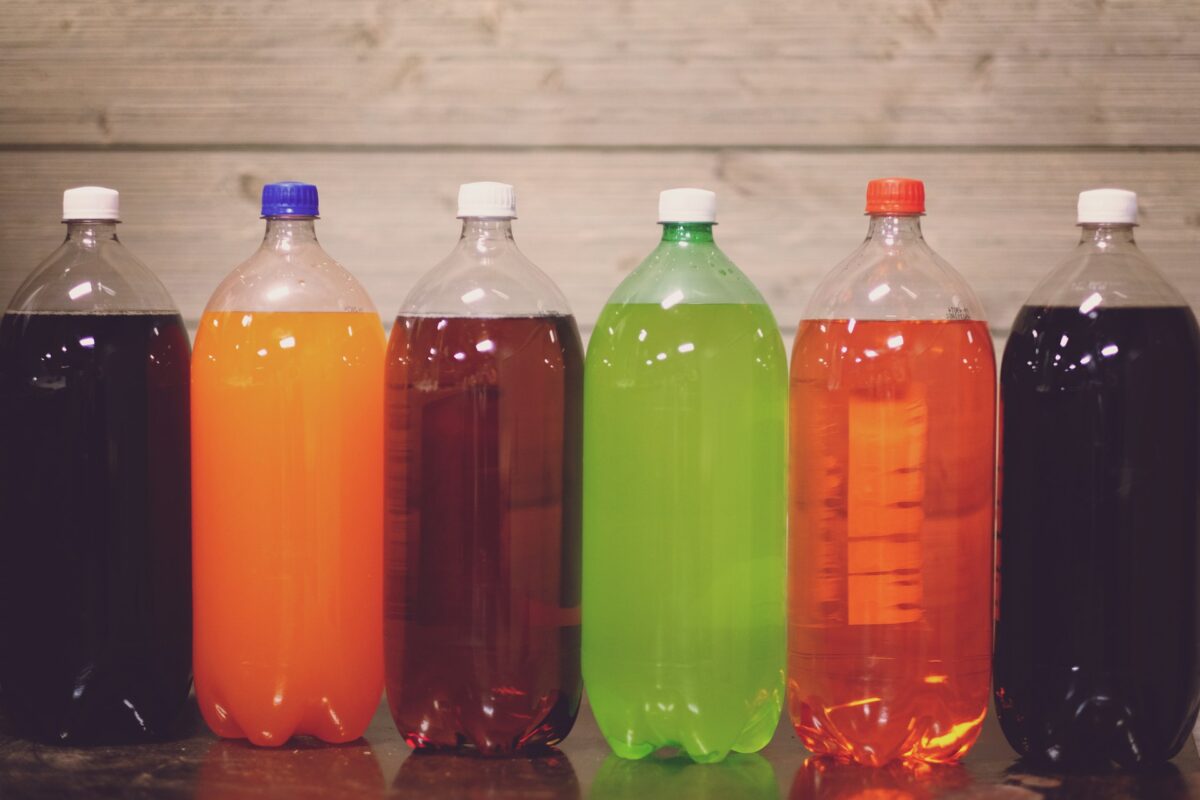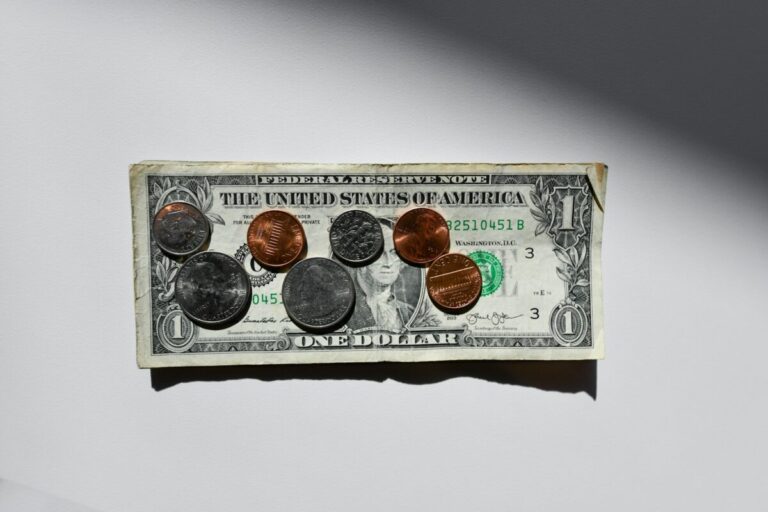In a startling turn of events, the US Food and Drug Administration (FDA) has recently issued recalls for four popular soda products due to the presence of potentially harmful and carcinogenic ingredients. This alarming development has sent shockwaves through the beverage industry, raising serious concerns about product safety and transparency. As consumers, it’s crucial that we stay informed about these recalls and the potential health risks associated with these tainted drinks.
Undisclosed Dangers: The Alarming Ingredients Found in the Recalled Sodas
The four sodas in question – Pink Lemonade, Yellow Lemonade, Yellow Lemonade X, and Cola Flavoring Base – were all produced by the Charles Boggini Company. Upon investigation, the FDA discovered that these beverages contained undeclared and potentially dangerous food dyes, as well as undisclosed sulfites.
The pink and yellow lemonades were found to contain the synthetic food dyes Red 40 and Yellow 5, respectively. These dyes are known to contain benzidine, a human and animal carcinogen. While the FDA permits the use of these dyes in low, “presumably safe” levels, the companies are required to disclose their presence on product labels. By failing to do so, the Charles Boggini Company put consumers at risk of exposure to this cancer-causing agent.
In addition to the problematic food dyes, the Cola Flavoring Base was also found to contain undeclared sulfites. Sulfites are commonly used as preservatives in various food and beverage products, but they can pose a serious threat to individuals with sulfite sensitivity. Exposure to sulfites can trigger a range of adverse reactions, including allergic skin reactions, respiratory issues, and digestive problems.
The Broader Implications: Concerns About Transparency and Accountability
These recalls shine a light on the broader issues of transparency and accountability within the food and beverage industry. The fact that these drinks were able to reach the market without proper disclosure of their ingredients raises questions about the effectiveness of regulatory oversight and the prioritization of consumer safety over profit margins.
According to Dr. Darin Detwiler, a former FDA and USDA advisor and food safety expert, the desire to maintain a consistent taste and color experience often takes precedence over food safety considerations. Beverage companies may overlook the regulatory implications of selling their products across state lines, leading to situations where ingredients that are deemed acceptable in one state may not be in another.
The high number of recalls in 2024, compared to previous years, suggests that the FDA is taking a more proactive approach to identifying and addressing these issues. Dr. Detwiler believes that the regulatory agency is facing increasing pressure to clamp down on food and beverage companies that fail to adhere to labeling requirements and safety standards.
The Impact on Consumers: Potential Health Risks and the Importance of Vigilance
The presence of these undisclosed and potentially harmful ingredients in popular soda products poses a significant threat to consumer health and wellbeing. Understanding the specific risks associated with the recalled sodas is crucial for safeguarding our communities.
The food dyes Red 40 and Yellow 5, which were found in the pink and yellow lemonades, respectively, contain benzidine, a known carcinogen. According to the FDA, the ingestion of free benzidine can raise the cancer risk to just below the “concern” threshold, or one cancer case per one million people. This underscores the need for strict labeling requirements and heightened consumer awareness.
For individuals with sulfite sensitivity, the presence of undeclared sulfites in the Cola Flavoring Base can trigger a range of unpleasant and potentially dangerous reactions, including allergic skin reactions, respiratory issues, and digestive problems. Consumers must be vigilant in reading labels and seeking out information about the ingredients in the products they consume.
Broader Beverage Recalls: A Concerning Trend
The recent soda recalls are part of a broader trend of beverage products being pulled from shelves due to the presence of harmful or undisclosed ingredients. A closer examination of some of the other notable recalls in 2024 highlights the pervasive nature of this problem.
In addition to the Charles Boggini Company sodas, the FDA has also recalled a pain-relieving tea called Tapee Tea for containing undisclosed anti-inflammatory medications, as well as Martinelli’s Apple Juice for elevated levels of the toxic metal arsenic.
The issue of undisclosed and potentially dangerous ingredients extends beyond sodas and juices, with the FDA also recalling several infant formula products. These recalls, including more than 1 million cans of Enfamil Nutramigen Hypoallergenic Infant Formula Powder, were due to concerns about bacterial contamination and the potential presence of harmful microorganisms.
https://twitter.com/boonecutler/status/1798395943315714425
Preventive Measures: Strengthening Regulations and Empowering Consumers
To address the recurring problem of tainted beverages and safeguard public health, a multi-pronged approach involving stronger regulations, improved industry practices, and empowered consumers is necessary.
The FDA’s increased scrutiny and willingness to issue recalls suggests a positive step in the right direction. However, further strengthening of regulations, coupled with more robust enforcement mechanisms, is crucial to ensure that food and beverage companies adhere to labeling requirements and safety standards.
Beverage manufacturers must prioritize consumer safety over profit margins and cosmetic consistency. By fostering a culture of transparency and accountability, the industry can regain the trust of the public and demonstrate a genuine commitment to providing safe, high-quality products.
As consumers, we play a vital role in driving change. By staying informed about product recalls, being vigilant in reading labels, and advocating for stricter regulations, we can collectively hold the industry accountable and protect our communities from the dangers of tainted beverages.




Leave a Comment